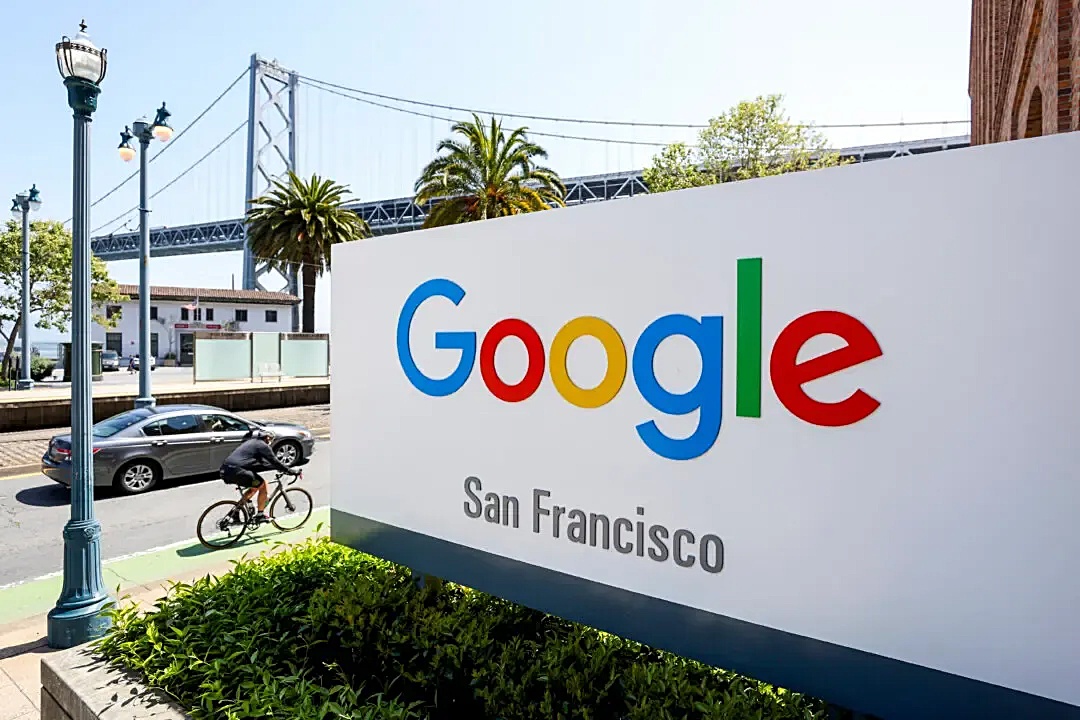A federal judge, District Judge Amit Mehta, has ruled that Google is a monopolist and has violated the Sherman Act by acting as one to maintain its monopoly. This ruling comes after a lengthy legal battle initiated by the U.S. Department of Justice and a coalition of state attorneys general.
The case against Google, filed in October 2020, accused the tech giant of engaging in anti-competitive practices through exclusive agreements with browser developers, mobile device manufacturers, and wireless carriers. These agreements prohibited partners from pre-installing rival search engines, resulting in most U.S. devices exclusively using Google. Competitors were forced to find alternative ways to reach users.
In 2021 alone, Google paid more than $26 billion in revenue share agreements based on advertising revenue generated from these default placements.
The court concluded that Google’s conduct allowed the company to charge supracompetitive prices for general search text ads, allowing it to earn substantial monopoly profits. Google’s claims that its practices were pro-competitive and justified by the quality of its services were deemed insufficient by the court.
Google issued a statement in response to the ruling, acknowledging that it offers the best search engine but disagreeing with the decision. Google plans to appeal, stating that people are increasingly seeking information in various ways and that they will continue focusing on making their products helpful and easy to use.
This case against Google is part of a larger wave of antitrust lawsuits filed against major tech companies like Amazon, Meta (formerly Facebook), and Apple. The court is expected to impose measures to restore competitive conditions in the affected markets.
The argument revolved around whether Google’s market position allowed it to dominate through default search engine agreements, which shared ad revenue with partners like Apple. Google’s attorney highlighted the company’s continuous innovation and competition with giants like Meta and TikTok, while the DOJ prosecutor pointed out that Google’s pricing behavior was characteristic of a monopolist.
The ruling does not explicitly call for breaking up the company, but it suggests the possibility of structural relief as a remedy. This could involve altering or terminating exclusive agreements that make Google’s search engine the default option. The court will determine potential remedies in subsequent proceedings.
Discover more from Tension News
Subscribe to get the latest posts sent to your email.

